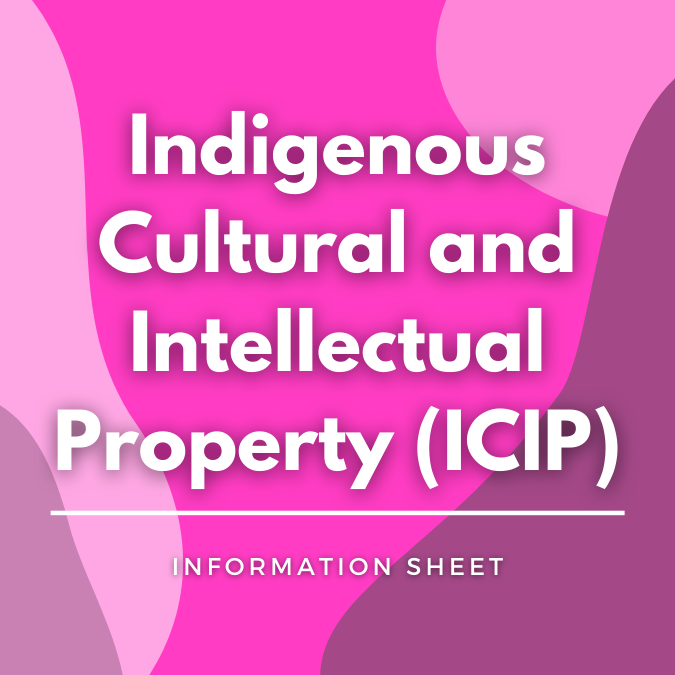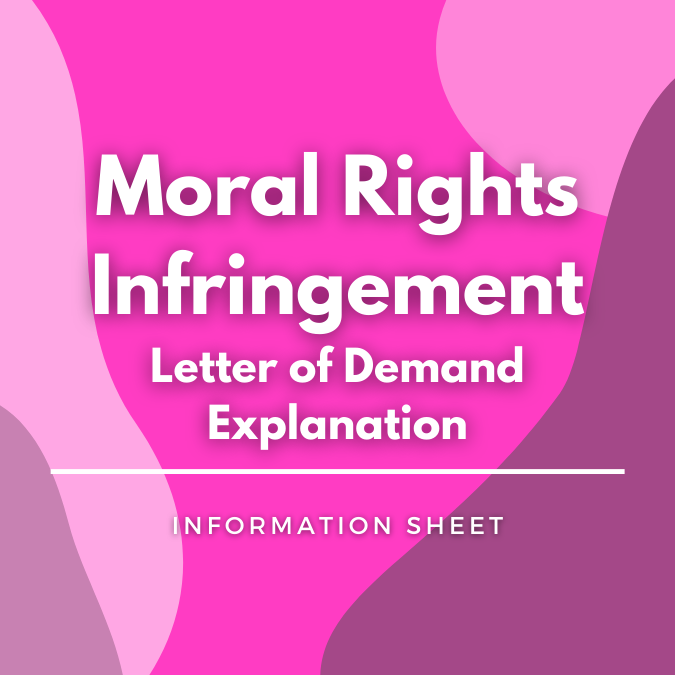AI is not your friend or your lawyer

By Chloe Hilary, lawyer
AI has seemingly become an inevitable part of life. We’ve written before about how artists interact with AI, and how they might be using it in their own work (or be nervous to) and the legal implications. There has been a bit in the media lately about people relying on AI for friendship and while this is beyond our area of expertise, we are here to tell you that AI is not your lawyer.
At Arts Law one of our main concerns is to make sure artists and their works are protected. To this end we have written about Meta using your data from Instagram and Facebook to train its AI. We are ALWAYS reminding clients that the terms and conditions between you and a platform (like Instagram, Facebook, ChatGPT etc) form a legally binding contract between you and the platform – with the result that you often give away rights, just by signing up or using the platform. That’s why it’s a great idea to get advice from us, or another lawyer, if you’re unsure about the significance of what you’re agreeing to.
But have you ever thought about using (or in fact, used!) AI for legal advice? As lawyers, our advice is… don’t. You might be thinking “Of course they would say that, they want our money.” To that we would say Arts Law is a not-for-profit Community Legal Centre, we provide low-cost or free legal advice to artists. We’re not here for the money. But there are serious concerns about the accuracy of the output of Large Language Models (LLMs), like ChatGPT.
Our friends at Allens have undertaken their own testing on the accuracy and reliability of different LLMs when it comes to Australian law. You can see the results in more detail, here. Suffice to say, these are not the lawyers we want on our side (the LLMs, we mean – we do want Allens on our side).
Why would you take the risk, when you can access our expert services? If you have a question related to your arts practise – whether it’s about AI or otherwise – get in touch!




